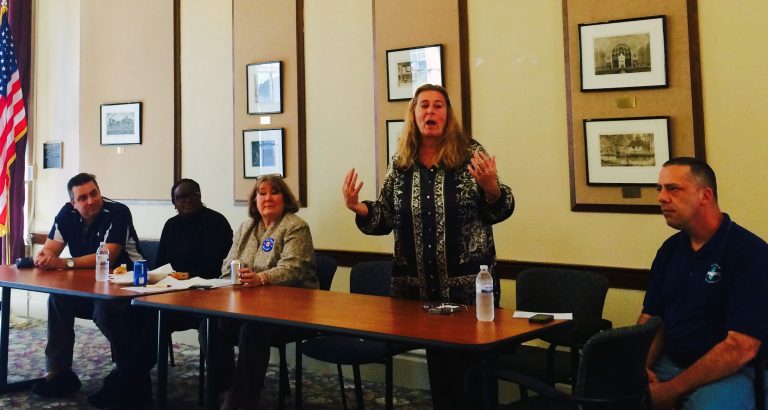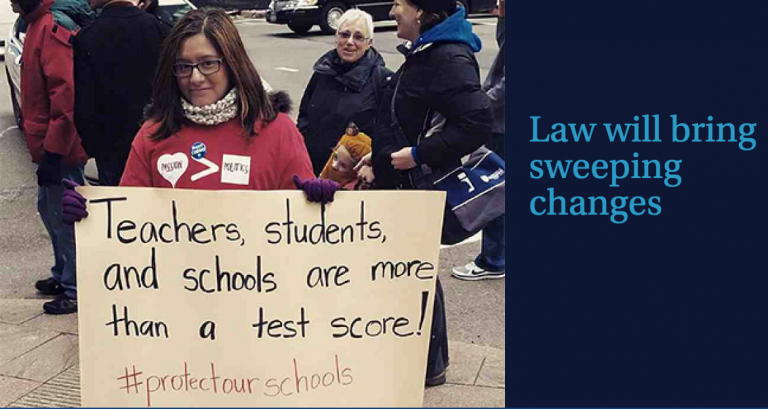By JAVIER C. HERNÁNDEZ
Bill de Blasio has hinged his candidacy for mayor on a bold idea: raise taxes on high-earning New Yorkers to pay for a vast expansion of prekindergarten and after-school programs.
As mayor, Mr. de Blasio would have to win approval from state leaders for the tax increase on those earning more than $500,000 — an arduous feat, at least at the outset, since lawmakers and the governor will face re-election in 2014.
On Wednesday, Mr. de Blasio’s aides said he would seek a slightly larger tax increase than he had originally indicated, after The New York Times questioned whether his earlier proposal would raise enough money for his goals.
Mr. de Blasio would also have to persuade large numbers of low-income families to sign up for extracurricular programs, something the city has struggled with for years. And he would have to remake the city’s patchwork of early childhood and tutoring services, which vary in quality and have limits on growth.
Taken together, the challenges facing Mr. de Blasio, currently the public advocate, may make it difficult to achieve a speedy transformation of the school system, political and educational experts said.
“To go from where you are to excellent will take 10 years,” said W. Steven Barnett, director of the National Institute for Early Education Research, who praised Mr. de Blasio’s proposal.
More>>






